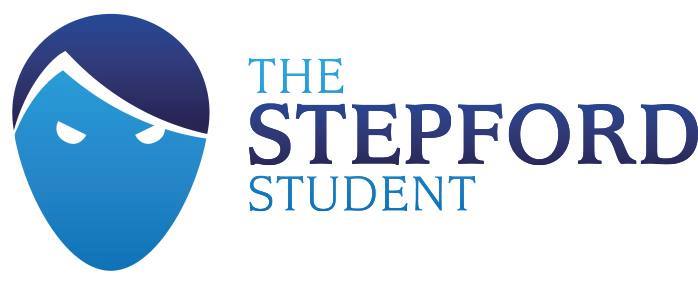An event held on in Manchester on Friday 25th April, Free Education MCR, explored what a free, liberated and democratic education would mean. The ‘headline act’ was musician Akala who, for all who are familiar with his work, had some very strong criticisms of the present education system.
His criticisms began with the belief that the education system in the UK, particularly higher education, is not about drawing out students’ potential or the promoting of critical thought but is rather an exercise in memory that leaves little to be desired in terms of encouraging critical thought (a perspective that is pervasive in his music). This seemed to resonate with the student audience; it isn’t uncommon for people our age to feel more like they’re learning to pass their exams than actively engaging in an academic exercise.
Many of Akala’s opinions were echoed by the range of people who spoke and presented at the event, perhaps none more significantly than by the University of Manchester’s own Post-Crash Economics Society, who brought some unique perspectives which are worthy of attention.
The Free Education Movement is not simply in pursuit of greater levels of government subsidy for university education but is a demand for an education that is free from systemic bias. In addition to addressing the financial burden of gaining a degree, the movement also concerns the undemocratic system of learning in this country.
The Post-Crash Economics (PCES) Society knows this better than most. It was founded as a reaction to the teaching of economics across the United Kingdom.
Despite the financial meltdown of 2008, alternative economic models and theories continue to be ignored by our universities. The fact that economists were not able to anticipate or curb the effects of the crash appears to be a direct consequence of the singular nature of economics courses in the UK and across the globe.
The PCES has been lobbying for curriculum change in Manchester since 2008. It has influenced the opinions of a number of the university’s faculty members, but there has as yet been no change to the curriculum itself. A new ‘behavioural economics’ module has, however, been proposed for the 2015 - 2016 academic year in Manchester, largely as a result of the society’s campaign.
Some see the demand for the teaching of alternative economic theories within a university setting as nothing more than pseudoscience and biased research attempting to creep into the world of academia. PCES does not view it that way, though. Titans of economic thought such as Marx as well as lesser-known theories such as feminist economics have had their analysis and criticism excluded from the realms of academia. This is the case because the education system serves a very specific set of people. The system has benefited the white, middle class male for so long that, where it operates to the detriment of those who do not fit into this category, identifying inequality as such will always be met with distrust by mainstream academics.
PCES had touched on something rather significant. Their place at the heart of the Free Education Movement is thoroughly deserved for the fact that the society not only advocates for the establishment of free higher education in order to democratise the system of education in the UK but also works to ‘free‘ education from its entanglement in the web of perspectives regarding the role of the academic.
One argument of the society that has struck a chord across the University and beyond is that, where education is subsidised more by the individual pursuing their education than by the state, it is a heinous lapse in reasoning to allow Universities to continue teaching in the same manner they did as when tuition was free. As the chair of PCES, Ben Pringle, put it: “If you’re paying nine grand for tuition - you better be in control of what you’re learning”.
This is a message not only for our faculty leaders or even for our politicians: as PCES and the Free Education Movement in general has shown, our leaders require groups of students to point out the erroneous modes of thinking which underlie many of the higher education courses across the UK. If we, as students, are to continue investing so heavily in our own future, it is imperative that we demand that we graduate with degrees which equip us with a thorough knowledge of our chosen subject and also the tools that we need to use our degrees in society, should we choose to do so. As far as the teaching of economics is concerned, even the Bank of England has expressed worries that graduates are not fit for purpose.
It is my hope that the Free Education Movement is one that will endure the criticism it will no doubt face as it gains momentum. The movement will gain no ground, if we as students don’t become fuel for its fire - classical approaches to education are sure to eventually become ill-equipped for facing the challenges of the modern day. It is in this light that the Free Education Movement wishes to refocus the essence of education so that it is lying in the hands of those who are ostensibly the intellectual future of the globe rather than in the journal articles and textbooks of the same stagnant authorities which have shaped the intellectual present.
